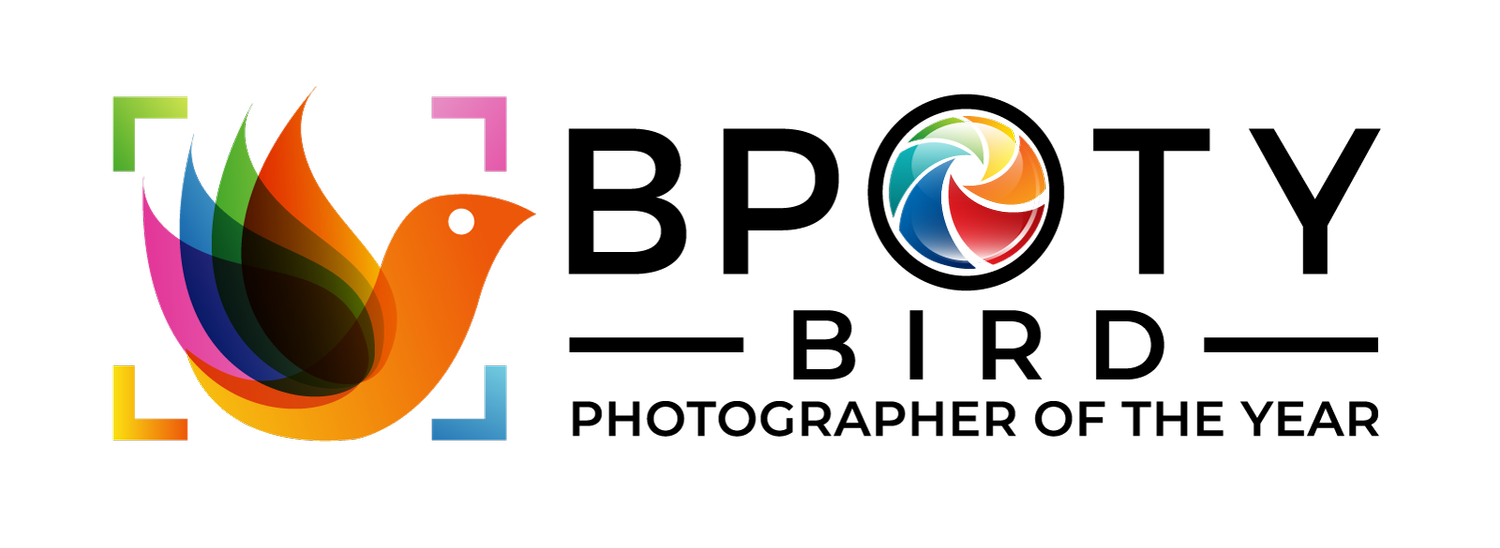The ethics of drones
Most drones come equipped with cameras with wide angle lenses necessitating a close approach to the subject. ©Rob Read.
In the last couple of years, Bird Photographer of the Year has witnessed a sharp increase in the number of images taken using drone technology; a growing number of photographers are using it to add another dimension to their wildlife photography. And some of the results are truly spectacular as evidenced by our Birds in the Environment and Young Bird Photographer of the Year winning images in the 2019 competition. However, drones can prove controversial, and their use should be carefully considered to ensure the welfare of the wildlife being photographed remains uncompromised.
Mostly we all want to get closer to our subject, and sometimes this can lead us to make decisions that are detrimental to the very thing we are photographing. Wildlife photographers invest thousands of pounds in lens technology that is designed to bring the subject closer whilst maintaining a respectful distance. Appropriate distance is a difficult challenge to master and the judges often see the obvious signs of stress and unnatural behaviour displayed in some competition images. The majority of affordable drones come equipped with relatively short lenses, necessitating a closer approach in many circumstances. Drones should be employed with care and we urge all photographers to consider the possible consequences to the welfare of the subject during the planning process for all your photography. These machines make a lot of noise at a pitch that is unnatural to most living things, particularly a bird, and is most often perceived as a predatory threat. Flying a machine too close to nesting or roosting birds will likely result in them fleeing or attacking the device. Either way, there can be no positive outcome for your subject.
As amazed as we all are with the innovative ways this new area of photography is being used, there are numerous instances where the photographer placed the importance of getting ‘the shot’ over anything else. An image depicting a flock of birds fleeing their nests and rendering their eggs and young vulnerable to predators is not a positive message in anyone’s book. The BPOTY team and the judging panel are experienced naturalists. We know when something isn’t right and will remove anything ethically questionable from the competition process. But we are photographers too and passionate about our art. In the right hands, we understand and appreciate the potential of drone technology to create some amazing imagery.
Ignore ethics in pursuit of the shot at any cost, compromise the well-being of your subject and you will not pass the scrutiny of the judging panel for this competition. However, use this amazing technology to observe and capture the natural world while demonstrating the utmost respect for it, and you may be rewarded.
Rob Read.
A great example of the use of drones to capture images from a different perspective. The judges loved the colours in this image by Tamás Koncz-Bisztricz- taken at an appropriate distance as evidenced by the relaxed behaviour of the Mallards. Tamás was awarded our Young Bird Photographer of the Year 2019 title for this image.
This amazing image by Mohammad Khorshed won our Birds in the Environment category in 2019.



